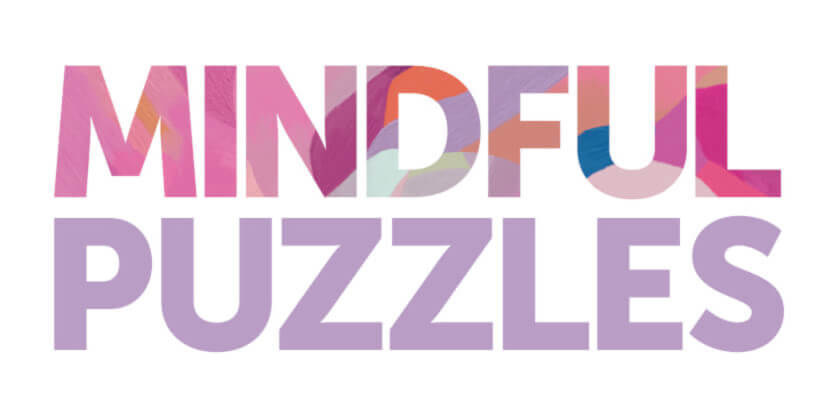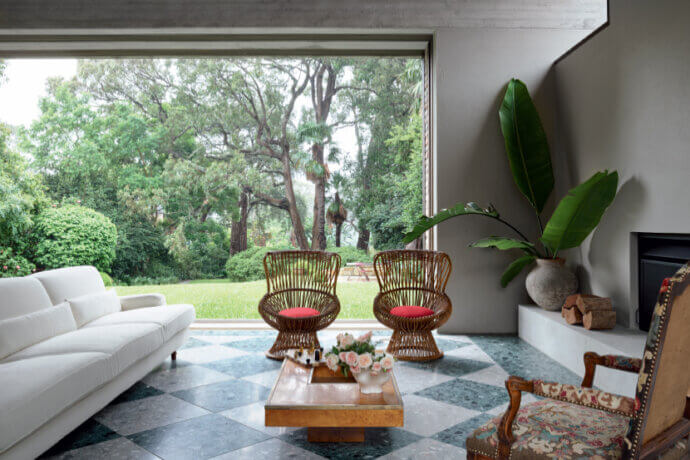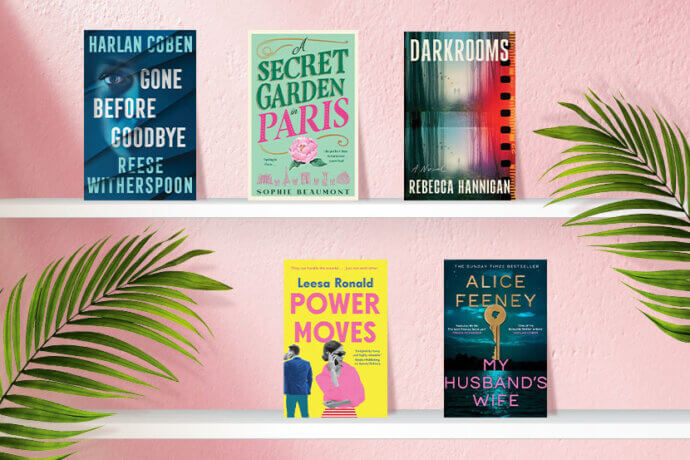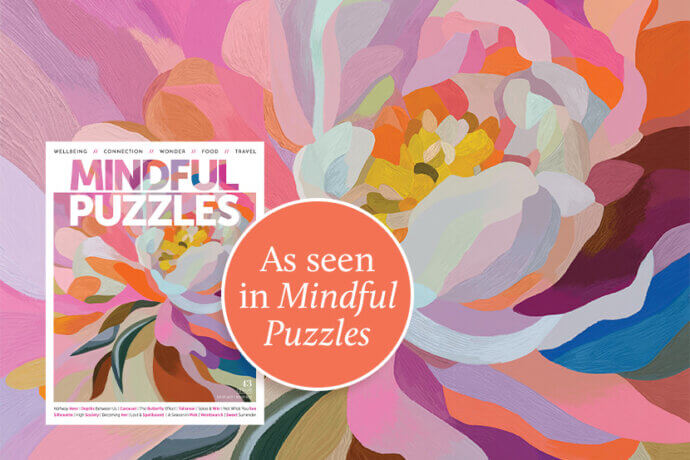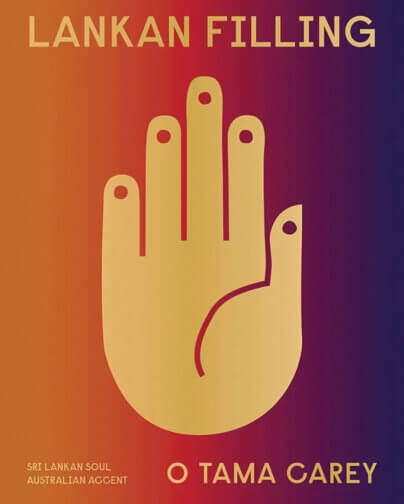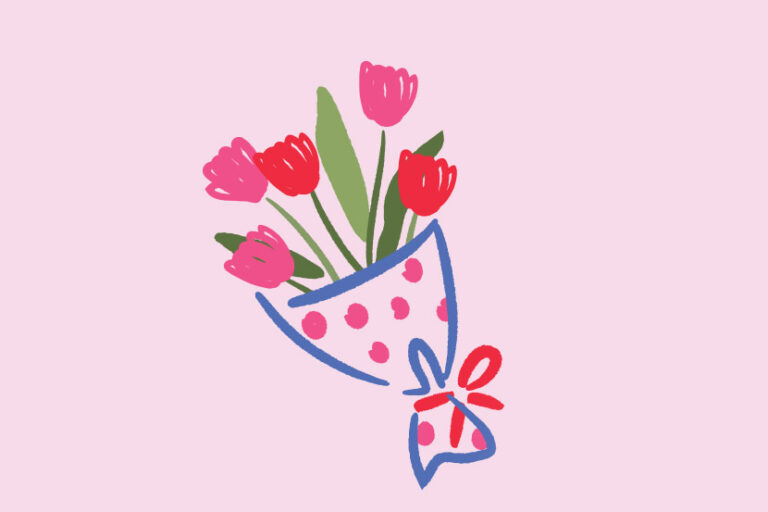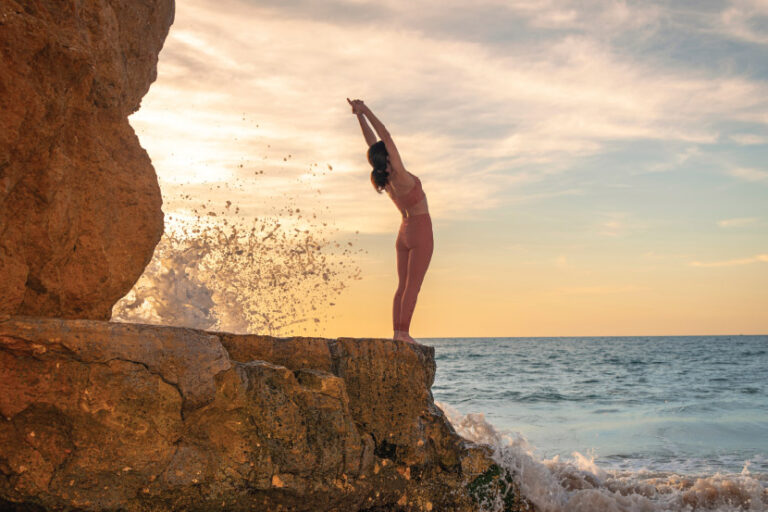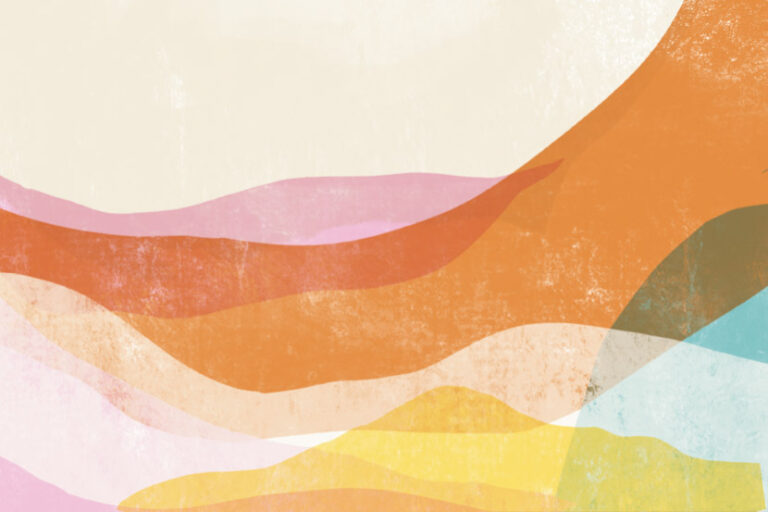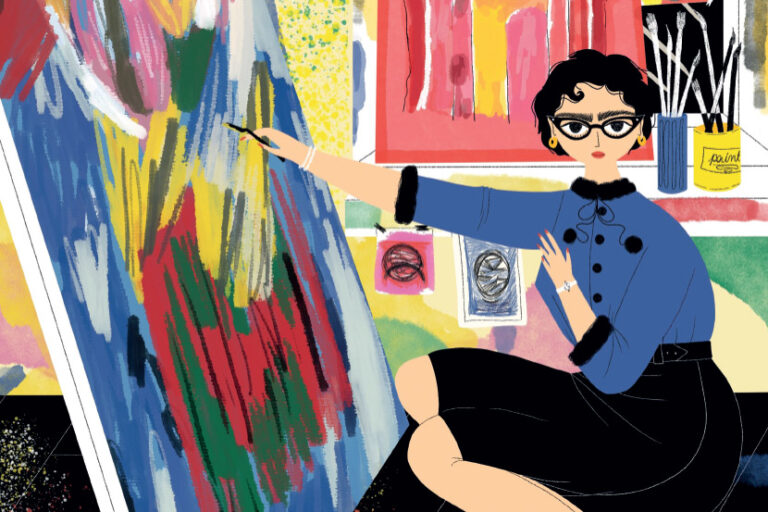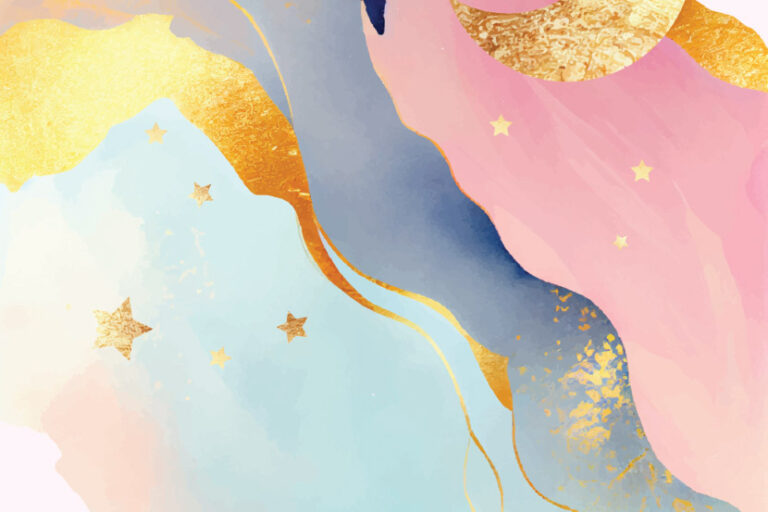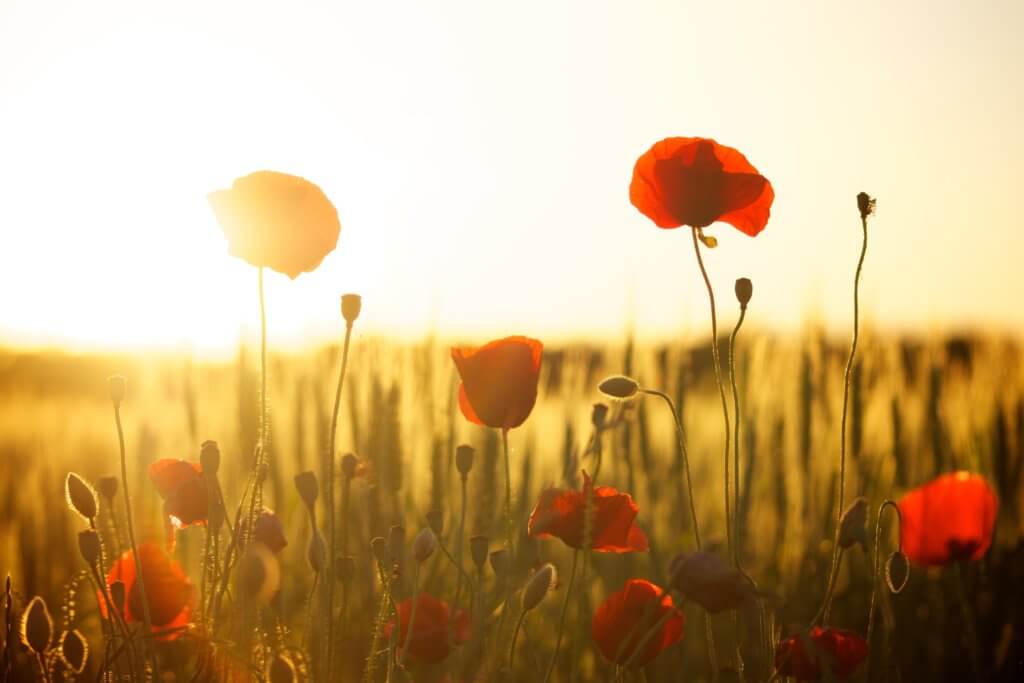
Sometimes stepping outside the demands of society means we can step back into the connections we thought had waned – including the one with ourselves.
I went to the woods because I wished to live deliberately, to front only the essential facts of life, and see if I could not learn what it had to teach, and not, when I came to die, discover that I had not lived.” In 1845, Henry David Thoreau, an American naturalist and essayist, moved into a secluded cabin on Walden Pond. He spent two years here in isolation, wishing to live simply and mindfully, beyond the trappings of societal demands.
At 15, when I was first introduced to the collection of writing that came out of his two-year experiment, I was enamoured with the concept of living life deliberately. I didn’t know what this looked like; mindfulness was not yet in our social conscience, and I lacked any means to make this a practical escape, but I could understand the desire to live outside of expectation.
When I turned 30 earlier this year, I was again faced with this desire to escape expectation. I was single, childless, I didn’t own my own home, and I was still reasonably clueless about what I wanted to be when I grew up. While none of these things particularly bothered me at 29, at 30, they seemed like failure.
“30 is the pivotal year”
Clinical psychologist Dr Jessamy Hibberd acknowledges that “30 is the pivotal year” for many women, where all these nuances of life are expected to be answered. Add a global pandemic, enforced isolation, and an over-reliance on digital technology on top of this anxiety, and Thoreau’s cabin in the woods was looking more and more appealing. Still, I knew this experience would be even better if shared.
Three of my closest friends have been in my life for over half of it. We met in high school, connected through shared place and common interests, and have grown together throughout our adult lives. We also have, through necessity, grown apart. What were once weekly catch-ups and daily conversations had become dinner every month, and increasingly, a few times a year.
Professor William Rawlins explains that “the real bittersweet aspect is young adulthood begins with all this time for friendship, and friendship just having this exuberant, profound importance for figuring out who you are and what’s next. And you find at the end of young adulthood, now you don’t have time for the very people who helped you make all these decisions.”
Escaping with friends
Standing at this crossroads, on the precipice of 30, I asked my friends for the one thing I really wanted from our relationship: time. I wished to escape for a few days, somewhere remote where I had no distractions and no choice but to relax. I asked my friends to join me, to spend more than a few hours in each other’s company, as a way to settle into what 30 meant for us.
The cottage we stayed in was nestled at the bottom of a valley, surrounded by rolling green hills and lowing cattle; it was a scene worthy of poets and painters. We were neither. Still, sitting on the porch and watching the setting sun cast shadows across the landscape, anything felt possible.
We had days ahead of us and none of our usual distractions. Thanks to its position, the cottage had spotty reception and no internet or television. Instead, we were armed with wine, books, and board games to while away our time here. This forced digital detox was by design. We had spent the past year in an increasingly isolating world, relying on our devices to maintain our connections like never before.
Detox from digital
As Dr David Tuffley explains, “detoxing from digital devices is about focusing on real-life social interactions without distractions.” With no ringtones or notifications to derail our trains of thought, we were able to sit and talk for hours, weaving stories and sinking deeper into each other the way only old friends can, our laughter echoing across the valley.
That weekend, we gave each other time. Time to talk, to laugh, and to cry. Time to express our fears and realise that we weren’t alone in them. We gave each other silence and space, reassurance and love.
I had planned this trip because I had wanted to reconnect with my friends, but I quickly discovered that the connection had never ended – it was just waiting. The love, compassion, and reassurance do not end just because we are not in each other’s company. There’s something so deliberate to friendship, the choice to believe in each other, even when there is no time.
The truest reconnection is with yourself
The truest reconnection was with myself: 30 years old, but without the fear of expectations decided by someone else. My friends have always been a mirror, showing me the best parts of myself reflected through their eyes, but I haven’t always seen this. The quiet of the country gave me the space I needed, without distraction, to see all the possibilities that awaited me.
In the moments before dawn, I found myself awake in a silent world. With a cup of steaming tea in hand, I stepped outside, padding across the wet grass; the sun was barely a thought on the horizon. I breathed in the morning air, my shoulders free from tension as I stood and listened to the sounds of waking. The birds were tentative in their morning song, and across the valley, a rooster was crowing. It was peaceful in a way I had not known before.
When my tea had gone cold, and the sun was drifting across the hillside, I turned back toward the cottage. There, on the porch, sat my friends, silent in the morning light, waiting for me.
WORDS: Phoebe Gillespie
